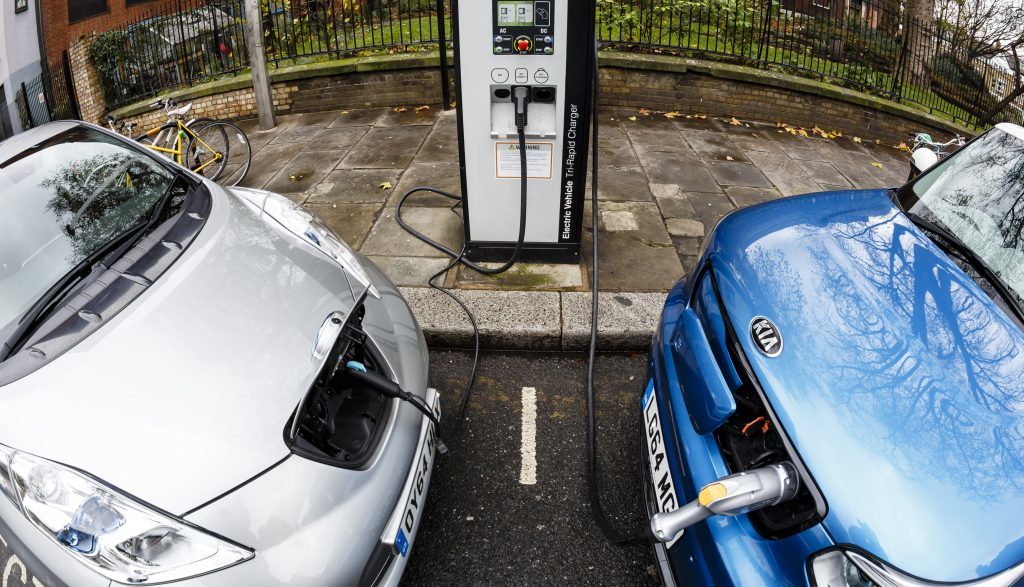
An ambitious target to phase out sales of new petrol and diesel cars by 2030 could halve UK oil imports, a study by environmental and aid organisations suggests.
The Government has announced plans to ban the sale of conventional combustion engine cars and vans by 2040 as part of its efforts to tackle air pollution and climate change, a move which the groups welcomed as a step in the right direction.
But a stronger ambition for all vehicles to produce zero emissions by 2030 could reduce UK foreign oil imports by 51% in 2035 compared to current projections, as well as cut pollution and boost investment in UK infrastructure such as charging points.
The report by Green Alliance and supported by Cafod, Christian Aid, Greenpeace, RSPB and WWF, comes ahead of the Government’s publication of the clean growth plan, which will outline how the UK will cut carbon emissions to meet legal targets.
Ministers have signalled the delayed plan will be published after Parliament’s summer recess, and the aim is for it to be “as ambitious, robust and clear a blueprint as it can be”.
In 2016, transport accounted for 40% of the UK’s total energy consumption, with road transport accounting for three-quarters of this, but other countries such as Norway and India are ahead of the UK in their ambitions to switch to electric vehicles, the new study said.
Along with a tougher target to make the move to zero emission vehicles, the study calls for additional funding for renewables between 2020 and 2025, bringing in zero-carbon standards for new homes and building energy efficiency improvements.
Gareth Redmond-King, head of climate and energy at WWF, said the UK could and must go faster than the 2040 goal.
“To ensure the UK doesn’t miss out on the jobs and investment opportunity in clean, modern vehicles, the UK should up its ambition.
“Cleaning up transport and boosting home energy efficiency must be priorities for the UK government in the forthcoming clean growth plan.
“Both measures will create jobs for UK businesses and reduce costs to the NHS caused by noxious air pollution and cold, leaky homes,” he said.
Laura Taylor, head of advocacy at Christian Aid, said: “The UK government’s long-overdue clean growth plan needs to prove that this government is serious about speeding up the low carbon transition, not slackening the pace.
“The benefits to citizens are enormous but areas like home energy efficiency and heating are lagging behind and need urgent political attention.”
Recommended for you
